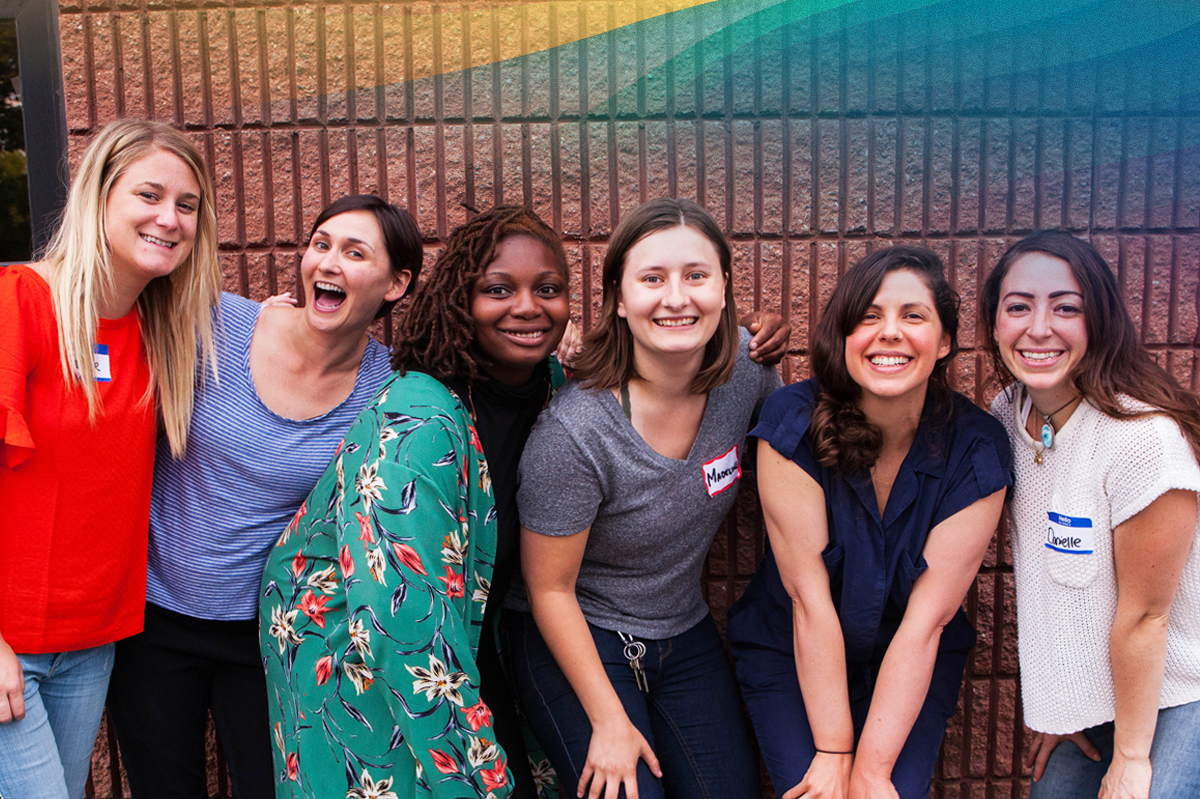We Couldn’t Do It Without You, Citizen-Consumers
As Equal Exchange celebrates its thirty-sixth year of challenging conventional wisdom and structural inequities in the way food commodities are traded, we are once again taking stock in all that we have achieved and the daunting headwinds we are facing. Boy, are we glad we are doing this with all of you!
Our founding in 1986 traces directly to challenging the Reagan administration’s war on Sandinista Nicaragua and its embargo on their products. On May 1st of that year, our first pallets of “forbidden coffee” were released from customs through a loophole we found in the embargo. This was our first of many concrete acts to inject democracy and fairness into an otherwise exploitative prevailing model of trade.
And you responded. It took ten years to really hit our stride but when the popcorn started popping, we knew the many arduous years of building this vision had potential:
Fairness to farmers resonated with hundreds of thousands of people across the country.
Fairness to workers was likewise a key internal component to our definition of success as we invested each year in giving meaning to democracy within our worker cooperative.
What we under-invested in was the third leg of the stool, people like you, Citizen-Consumers, who buy our products. So beginning six years ago we began to invest significantly in building our broader community and in fact, ultimately inviting Citizen-Consumers to join our cooperative board of directors.
Over three-plus decades, you have helped us achieve more than we had ever thought possible. Equal Exchange is a solid brand in the marketplace. We are one of the largest worker-owned cooperative businesses in the United States and one of the largest Alternative Trade Organizations (ATOs) in the world. Through our price and other commitments, we enable untold thousands of small-scale farmers to hold onto their land, and their cooperatives to represent and defend them in a sometimes hostile commodity market. We have been profitable virtually every year since inception and maintain a strong financial footing today.
So what about those headwinds?
As with so many independent food businesses—even those without a stated social or environmental mission—market trends are working against us. In our sector, corporations have been accepted in the fair trade certified system and succeeded in dumbing down its meaning and impact—having taken none of the risks that the creators of the system, ATOs, did. The corporate scale has contributed to the demise and disappearance of many of these sister pioneers of the movement.
In addition, consolidation in each food product we deal in, as well as in the distribution and mass supermarket industries, has enabled huge players to squeeze independent suppliers for ever-lower prices. We feel it. Farmers feel it. And believe it or not, consumers feel it, first in the form of fewer independent options to choose from, and later as lack of competition results in higher prices.
It is in this context that we are so appreciative of the response we have received from Citizen-Consumers across the country as we both invite you into our organization and together challenge the injustice so prevalent in the market. Food cooperatives, farmers' markets, and other meaningful direct-to-consumer initiatives are part of this wider ecosystem that gives us hope for real change. Together, over the past six years we have:
Held dozens of in-person meetings with groups in many US states.
Convened dozens more virtual meetings and educational, interactive webinars with hundreds of participants.
Hosted six in-person and virtual summits where inspiring speakers, from farmer leaders to thought leaders to Citizen-Consumer leaders have engaged us in provocative and informative workshops.
Contributed significantly to a political effort to halt mega-mergers between agribusiness giants and supermarkets.
Elected three Citizen-Consumers to our 11-person board of directors.
Supported countless local efforts to both build creative new distribution models for our products and talk to local supermarkets to carry our products.
Another thing that gives us hope is one positive byproduct of an otherwise tragic two-plus-year pandemic: many more people in this country are thinking deeply about where they want their food to come from and how it gets to their table. The weakness of the mass meat conglomerates in the early Covid experience has dramatically increased demand for local and regional meat. Wider supply chain debacles likewise have people rethinking many aspects of what and how they buy. In this period we are hopeful we can engage thousands more people in supporting our democratic and small farmer centered way of doing business.


